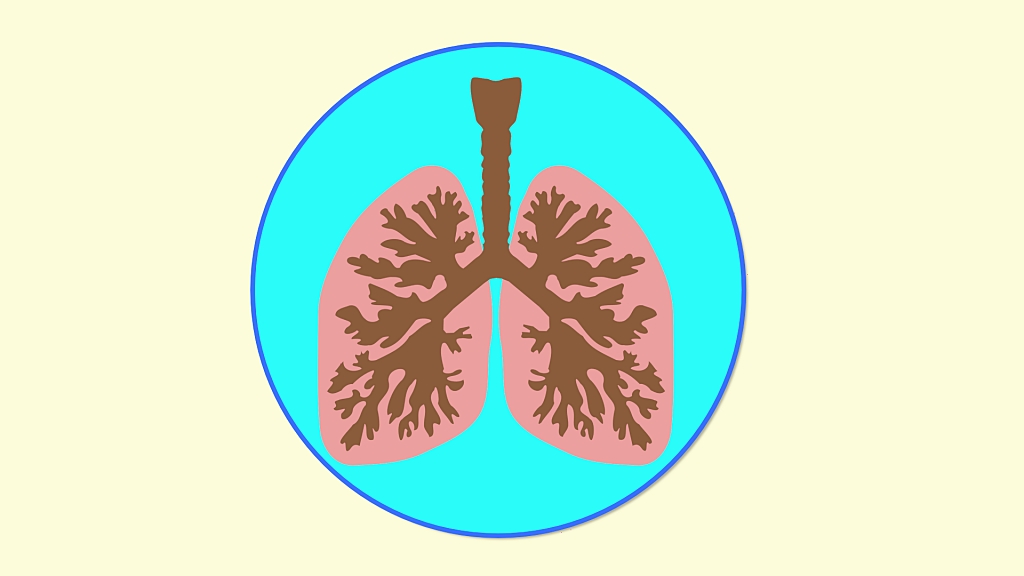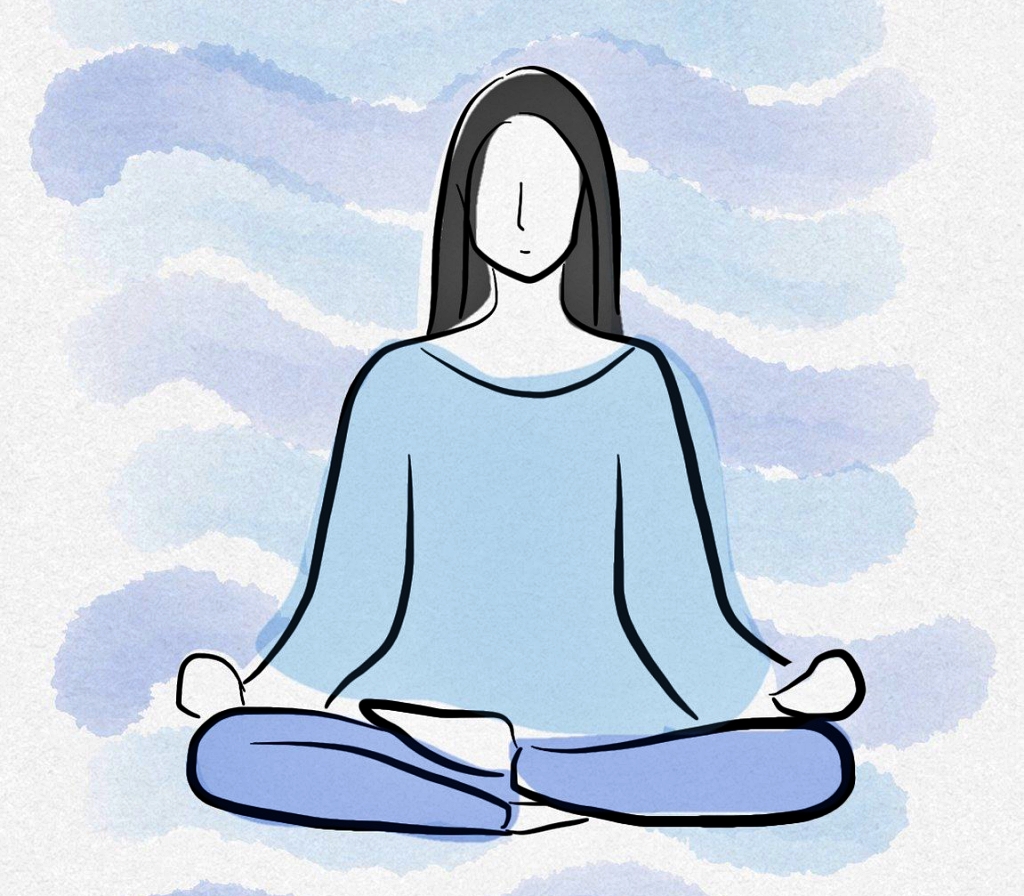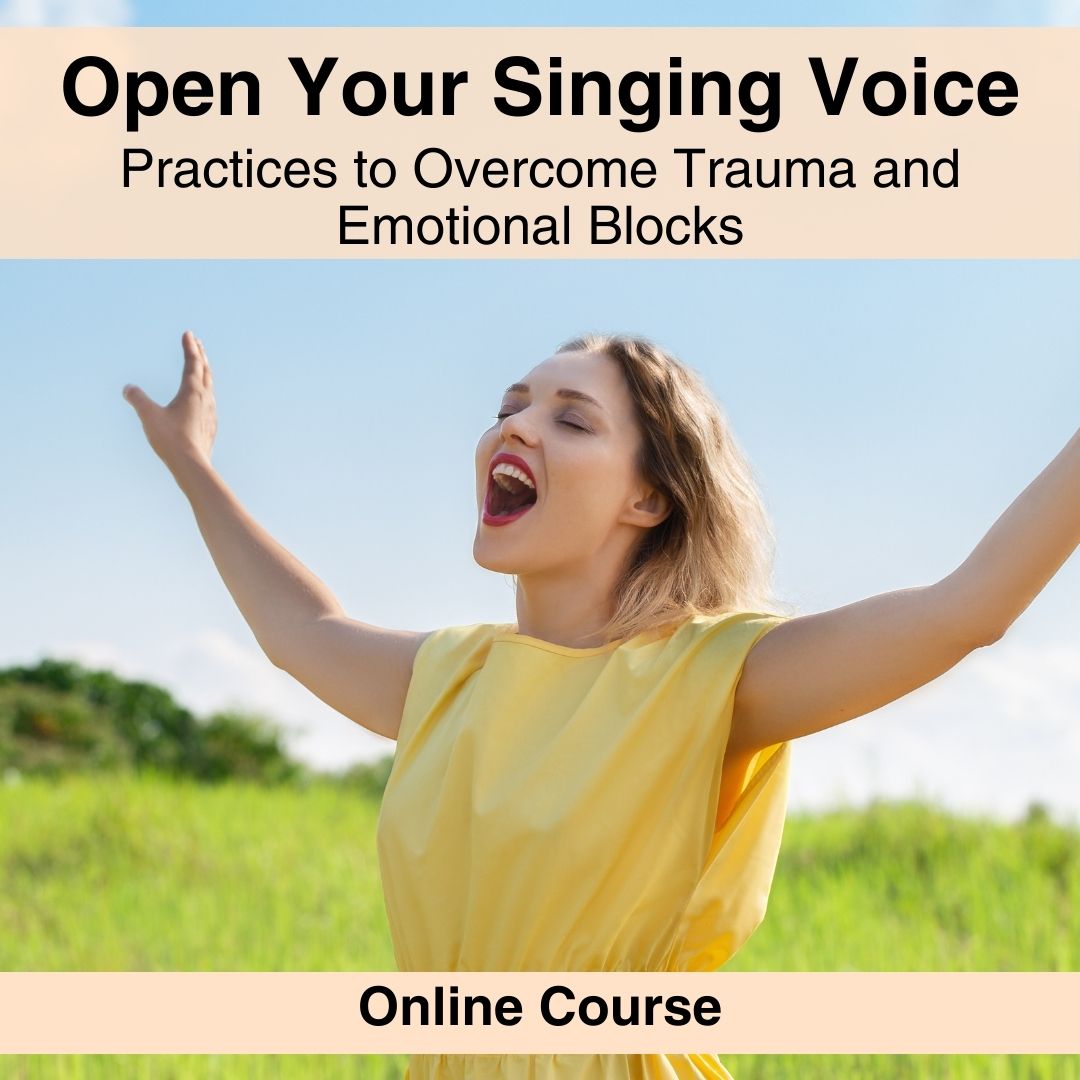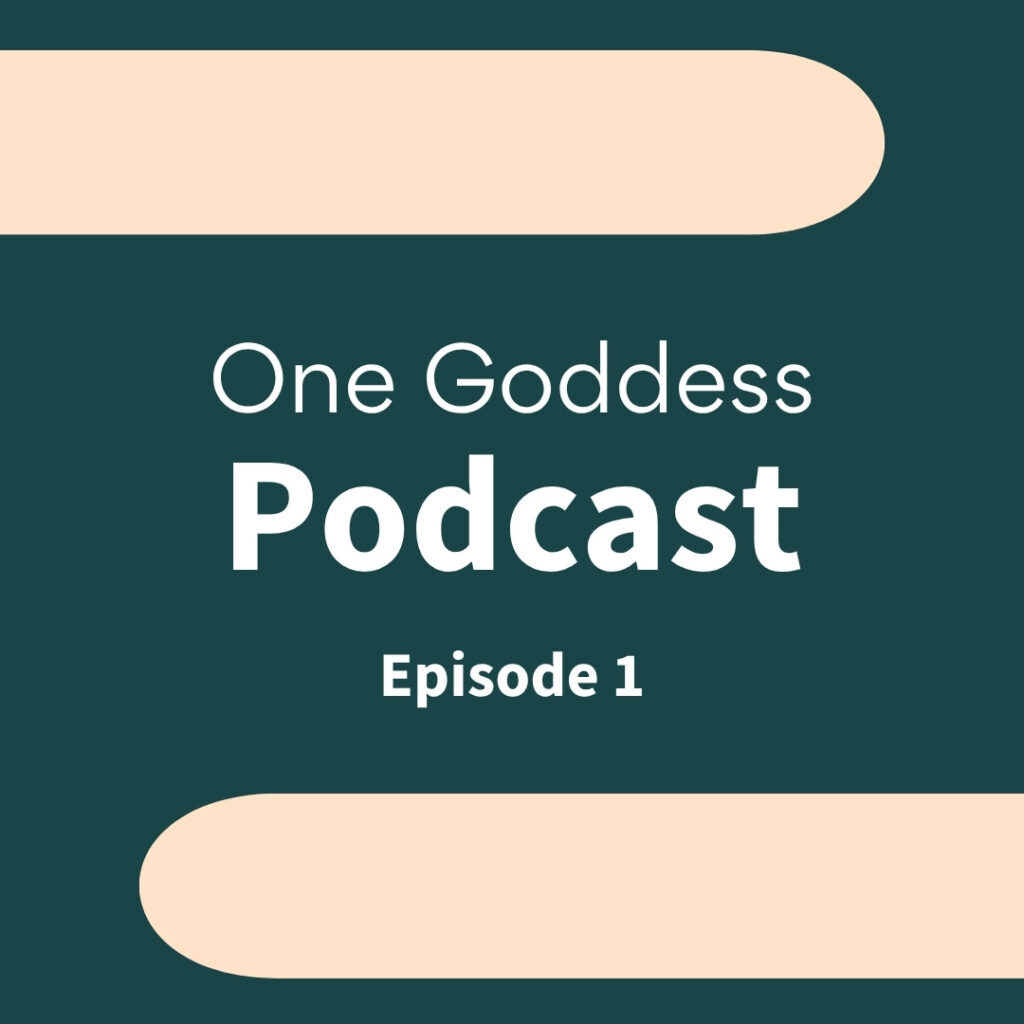Why do many people find it difficult to breathe fully even after doing breathing exercises for a long time?
How to get lasting results with breathing exercises?
This is the first in a series of posts to help you develop natural and healthy breathing. You can find all posts from this series here. You can also subscribe to the ‘Post Notification List‘ to receive notifications of upcoming posts.
To receive my latest news, including special offers for my online courses, subscribe to my newsletter.
Resources
Before we dive into the content, I would like to mention some resources to help you open your singing voice.
To learn exercises and practical tools to facilitate the opening of your singing voice in cases of trauma and emotional blocks, consider enrolling in my online course.
Here is a free guide to help organize your singing practice in case of trauma symptoms.
That’s my list of books to help open your voice.
Visit this page to have an overview of my work on singing and trauma.
What’s Behind Muscle Tensions

Often, what prevents us from breathing deeply and harmoniously are chronic muscle tensions. Even people who practice breathing exercises for a long time can still have tensions, but what they don’t know is that these tensions are associated with emotional conflicts.
This is why breathwork should guide us to the ability to recognize tensions and underlying emotional issues and be able to release them so we can breathe naturally and effortlessly.
Breathing deeply and harmoniously has much more to do with self-knowledge than is generally imagined.
The Starting Point: Self-Awareness

Before trying to tell your body how to breathe, and what is the “right” way of breathing, tune into your body and observe your spontaneous breathing pattern.
Think that every reaction in your body has a valid reason to exist. Even if it seems weird or undesirable.
The goal is to allow and help your body to be closer to harmonious functioning, trusting your body knows how to move back to this more harmonious state.
To help you breathe better by reconnecting with your body, I will be sharing the exercises that I’ve selected after years of practice.
Practice 1: Breathing Awareness
Goal: to develop self-awareness and body awareness

During one week, each day take a few minutes to notice your breathing in different situations.
Allow yourself to breathe freely, and then become aware of how your breathing pattern is. Notice if there is any tension in your body, and what feelings arise as you pay attention to your breathing.
It seems easy, but in practice, you can see that by paying attention to the breath, you try to control it, and the idea is just to notice without trying to control it.
Another important point is to realize when you hold your breath. Often, during daily activities, we may be holding our breath out of habit, along with contractions in other parts of the body. If you realize this, release it.
You will notice the positive effects of this practice not only when you sing, but also in your everyday life.
If you want to enjoy the content of this post in video format, go to YouTube:
Hope you found this content useful – tell me about your experience with this first practice in the comments below!

Disclaimer: You are responsible for recognizing your aptitude and limitations when engaging in physical activity, as well as seeking individualized professional advice if necessary. Be aware!
Credits for the images in this post: 1. illustration of the lungs in the featured image: by OpenClipart-Vectors from Pixabay; 2. muscle examination by Milius007 from Pixabay; 3. “self-awareness” by John Hain (johnhain) from Pixabay; 4. “breathing awareness” from personal archive.
Related Posts













Leave a Reply